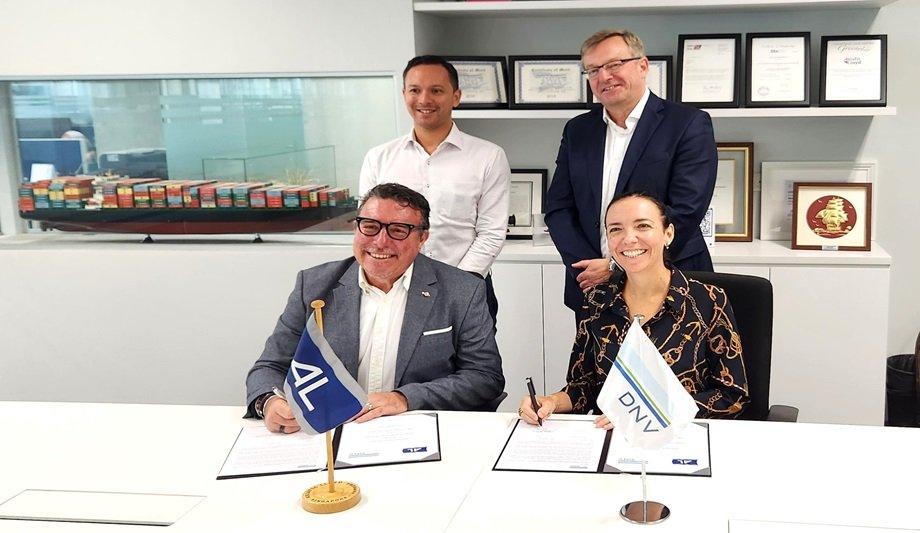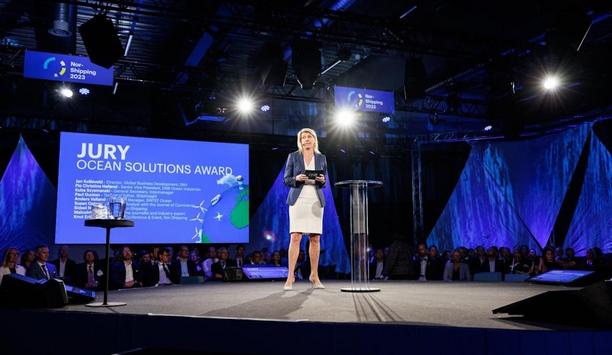Classification society - DNV has entered into a Joint Development Project (JDP) with AL Group and its Singapore company - Asiatic Lloyd Maritime LLP to explore the feasibility of carbon capture and storage (CCS) on board AL’s 7,100TEU containership and Kamsarmax bulk carrier newbuildings.
Techno-economic study of CCS
Under the JDP, DNV will cooperate with AL on a techno-economic study of CCS on board the vessels using DNVs FuelPath to assess the economic potential of the different fuel and technology strategies.
The model will reflect a range of fuel and CO2 price scenarios and future decarbonisation requirements, aligned with AL’s own net zero ambitions.
Sustainability and decarbonisation
“At AL Group we continue with our unwavering journey on sustainability and efforts on decarbonisation," said Tonci Zdunic, Group Fleet Director of AL Group.
Tonci Zdunic adds, "This Joint Development Project with DNV allows us to explore actively, the adoption of carbon capture technology for our future fleet, while fortifying our commitment to environmental stewardship, emissions reduction, and innovation."
Regulatory compliance and optimised operations
We are delighted to be partnering with AL Group to explore cost-effective fuel strategies"
Adding to this, Cristina Saenz de Santa Maria, Regional Manager of South East Asia, Pacific & India, Maritime at DNV said, “It’s becoming increasingly important for shipowners to look ahead and embark on a decarbonisation strategy that allows for regulatory compliance and optimised operations."
She adds, "To this effect, we are delighted to be partnering with AL Group to explore cost-effective fuel strategies that would support their net zero ambitions."
Maritime energy transition
Cristina Saenz de Santa Maria continues, "Backed by DNV’s experienced global network and team of experts in the Maritime Decarbonisation & Autonomy Regional Centre of Excellence in Singapore, we are in a prime position to help the industry navigate the maritime energy transition in a safe and efficient manner.”
DNV published new guidelines for the safe installation of onboard carbon capture and storage (OCCS) systems on board ships. This comes amid growing pressure on the shipping industry to develop effective technologies to reduce emissions by 2030.












